Sukanya (SBM) interviews Mihirr Upadhyay (MU), an award-winning filmmaker known for compelling narratives and social impact and a rising force in the Indian film industry. This is an exclusive for DifferentTruths.
Mihirr Upadhyay, an emerging filmmaker, made his mark with his debut film, “Good Night. Sleep Tight,” captivating audiences with its engaging narrative. His subsequent work, including “The Blind Date,” has garnered over 25 awards, showcasing his talent and versatility. His most recent film, “Take Away,” explores urgent societal issues with a compelling narrative because of a commitment to social impact. Mihirr’s ability to craft compelling stories and his dedication to meaningful cinema solidify his position as a rising talent in the industry.
In a candid conversation with Mihirr, we delve into the multifaceted world of filmmaking, exploring the journey from early beginnings to current projects, and gaining insights into the challenges and inspirations behind the craft.
Early Beginnings and Inspiration
SBM: Can you share more about your early experiences in the film industry, starting as a child artist and then as a camera attendant at 16? What inspired you to continue pursuing a career in filmmaking?
MU: “Starting in the film industry as a child artist at three was quite a learning curve. I had the opportunity to work in TV commercials alongside talented actors like Urmila Matondkar, Ajith Vachani, and Alok Nath. At 16, I began working full-time as a camera attendant, while continuing my college education. This experience gave me a deep appreciation for the technical aspects of filmmaking. My passion for storytelling and the influence of my family’s love for cinema inspired me to pursue this path further.”
SMB: Who are some of your biggest influences in the film industry?
MU: “Some of my early influences were Walt Disney, Vidhu Vinod Chopra, Alfred Hitchcock, Stanley Kubrick, Jean-Luc Godard, and Akira Kurosawa. Their visuals and profound representation of human behaviour and drama captivated me and shaped my filmmaking approach.”
Diverse Projects and Challenges
SBM: You have led various projects, from documentaries to commercials and international feature films. How do you adapt your creative approach to different types of projects?
MU: Starting from the bottom of the hierarchy and gradually working my way up through various departments of filmmaking allowed me to observe and learn the craft from close quarters. This diverse education enabled me to tackle a wide range of projects, including documentaries, TV commercials, fashion films, feature films, and narratives. Each project type requires a unique approach: documentaries focus on authenticity and real-world narratives, commercials blend creativity with strategic messaging, and feature films delve into deep character development and complex storytelling. Understanding the purpose and dynamics of each format helps me adapt effectively, all while aiming to touch the audience’s soul.
SBM: Can you discuss any unique challenges or memorable experiences you’ve had while working on these diverse projects?
MU: Working on projects in very challenging situations has been a significant part of my career. One memorable experience was co-producing the feature film, ‘Valley of Flowers’ at the age of 24. This 24-crore Indo-French-German co-production involved a cast and crew from over 12 countries and was the first film to be shot at the highest altitudes of the Himalayan mountains. We faced numerous logistical challenges, including building our hotels for the cast and crew. One particularly intense incident involved over 200 team members, including Naseeruddin Shah and Milind Soman, being held up by locals for ransom. Thankfully, we managed to defuse the situation peacefully. These experiences taught me the importance of resilience and innovative problem-solving in filmmaking.
Creative Process and Achievements
SBM: Could you tell us more about the making of “The Blind Date” and “Good Night. Sleep Tight“? What were the inspirations behind these films, and what challenges did you face during their production?
MU: ‘Good Night. Sleep Tight’ marked my directorial debut in fiction filmmaking, where I took on the challenge of creating a brain-teasing narrative with a twist ending. Despite limited resources and relying solely on the support of friends, we managed to craft a compelling story that kept audiences engaged till the very end. The focus was solely on storytelling, and I’m proud of the outcome we achieved.
On the other hand, ‘The Blind Date’ was a deliberate departure from complex plots, aiming for a minimalist story while emphasizing visual storytelling and nuanced character development. It was an opportunity for me to test my skills in crafting compelling drama. The film’s world premiere in the USA was a significant milestone and validated our creative approach. Notably, ‘The Blind Date’ went on to win over +25 national and international awards.
The latest addition to my repertoire is a short film “TAKE AWAY” which pushes the boundaries of style and pacing. Despite the challenges of shooting on the streets of Mumbai at night with minimal resources, my dedicated team and I were determined to showcase the city’s underbelly in a never-before-seen light. Securing the talents of Bhoomi Trivedi from ‘Ram-Leela’ for our title track added another dimension to the project. I’m grateful that our efforts have been recognized and well-received by festivals and audiences alike.”
SBM: Among your projects, which one holds the most significance for you, and why?
MU: While each project holds its significance, I truly believe that the most significant one for me as a storyteller will always be the one I am going to make next. It keeps me focused on the endless journey to improve, innovate, and explore new storytelling avenues, humbly embracing the lessons learned along the way.
Leadership and Management
SBM: As someone adept at orchestrating all visual aspects of a project and managing campaigns, budgets, and partnerships, what do you believe are the key qualities of a successful project leader?
MU: “It’s too early for me to comment on any formulae for success, but I’m constantly working on developing the skills required for effective project leadership. This includes identifying the appropriate team, delegating tasks correctly, fostering collaboration, and maintaining a clear creative vision.”
SBM: How do you ensure high levels of client satisfaction in your projects?
MU: In my work with fashion films, TV commercials, and digital promotional films, I prioritise client satisfaction. I achieve this through clear communication, understanding their vision, and delivering results that exceed expectations. I value collaboration, ensuring clients feel heard and involved throughout the process. By aligning our creative direction with their objectives, I aim to consistently exceed their expectations, ultimately leading to satisfied clients.
Current and Future Projects
SBM: You are currently developing two web shows and a feature film. Can you share some insights into these upcoming projects?
MU: Currently, I’m developing two web shows and two feature films. The web shows focus on contemporary social issues, offering fresh perspectives on the rapidly changing dynamics of relationships. My feature films explore the complexities of human relationships and social norms, with a particular emphasis on unique love stories. In the past, I’ve successfully told love stories in diverse genres such as drama (‘The Blind Date’) and crime thriller (‘Take Away’). I am in discussion with different producers for the same.
SBM: What are your plans and aspirations in filmmaking? Are there any specific genres or types of projects you are eager to explore?
MU: In the future, I aspire to explore love stories in genres like science fiction and crime. These genres offer vast creative freedom and the opportunity to push the boundaries of visual storytelling. I’m also keen on collaborating with international talents to bring diverse stories to a global audience.
Industry Insights
Question: What are your thoughts on the current state of the film industry, particularly in India? Are there any trends or changes you find particularly exciting or concerning?
MU: The film industry in India is evolving rapidly with the advent of digital platforms. There’s a growing emphasis on quality content and diverse narratives, which is exciting. However, the industry still faces challenges when it comes to fresh talent – both in front and behind the camera.
SBM: How do you see the role of streaming platforms shaping the future of short films and independent filmmakers?
MU: While it appears that streaming platforms have democratised filmmaking, and to some extent they have, the reality is that the power to secure larger projects or achieve wider outreach is still limited to a powerful few. The massive demand for content has indeed led to fresh talents being recognized and finding opportunities. However, I remain unsure about how much streaming platforms have truly helped independent filmmakers.
Personal Insights
Question: What motivates you to keep creating and pushing the boundaries of your work?
MU: “My motivation comes from a deep love for storytelling and the desire to explore human experiences through film. Each project is an opportunity to learn and create something impactful.”
SBM: Can you share any advice for aspiring filmmakers who are just starting in the industry?
MU: My advice to aspiring filmmakers is to stay passionate and persistent. The industry is challenging, but with dedication and continuous learning, you can carve your path. Embrace every experience, as it contributes to your growth as a storyteller.
Additional Information
Question: Is there anything else you would like to share with our readers about your work or upcoming projects?
MU: I’m incredibly grateful for the opportunities I’ve had and excited for the future projects in the pipeline. And if you as an audience want fresh stories and new ideas – make sure to support your neighbourhood independent filmmaker.
With a career spanning diverse projects and a passion for storytelling, Mihirr continues to leave a mark on the world of cinema. From navigating challenges to embracing innovation, their journey inspires both aspiring and seasoned filmmakers alike.
Photo by the interviewer

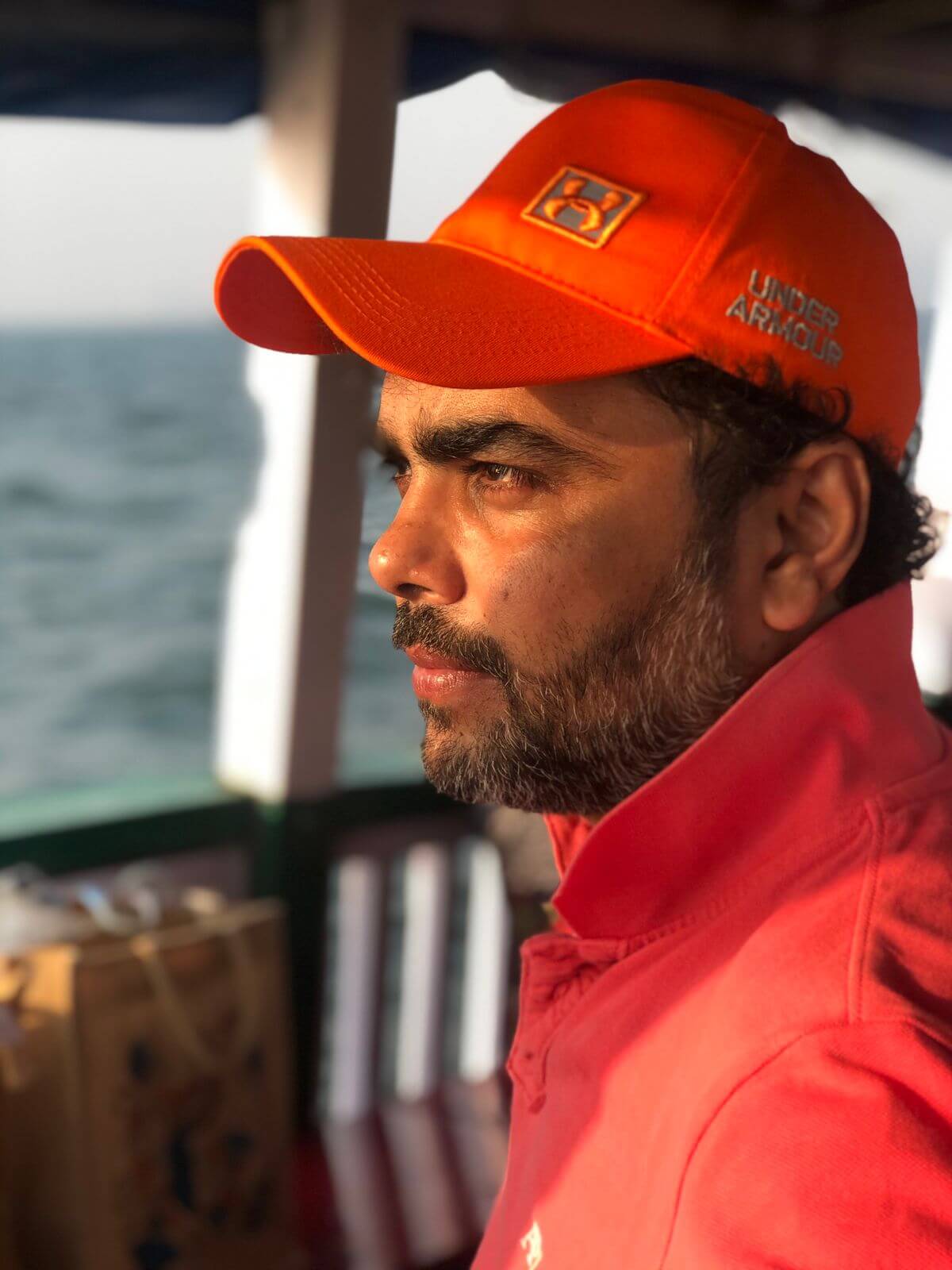

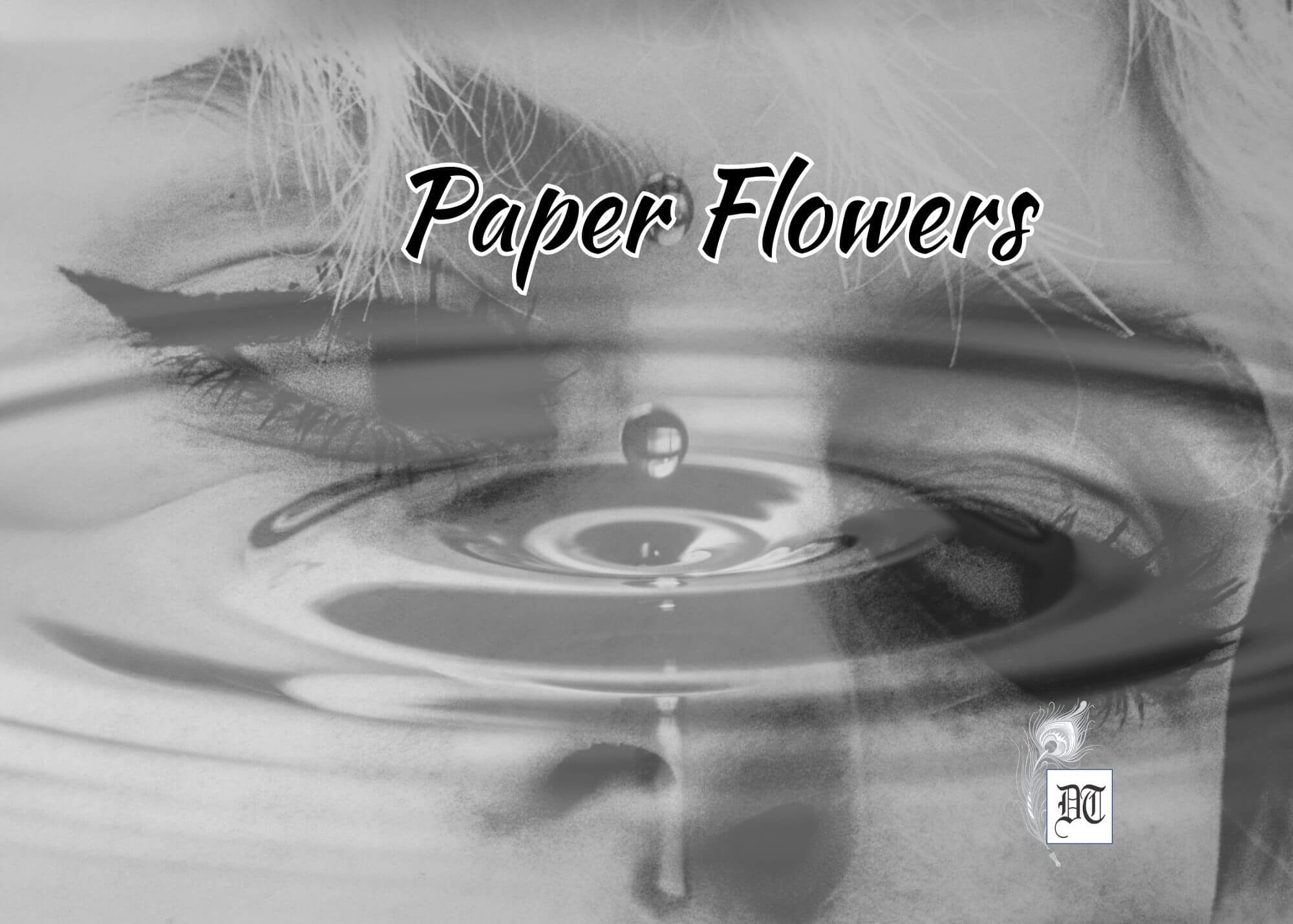
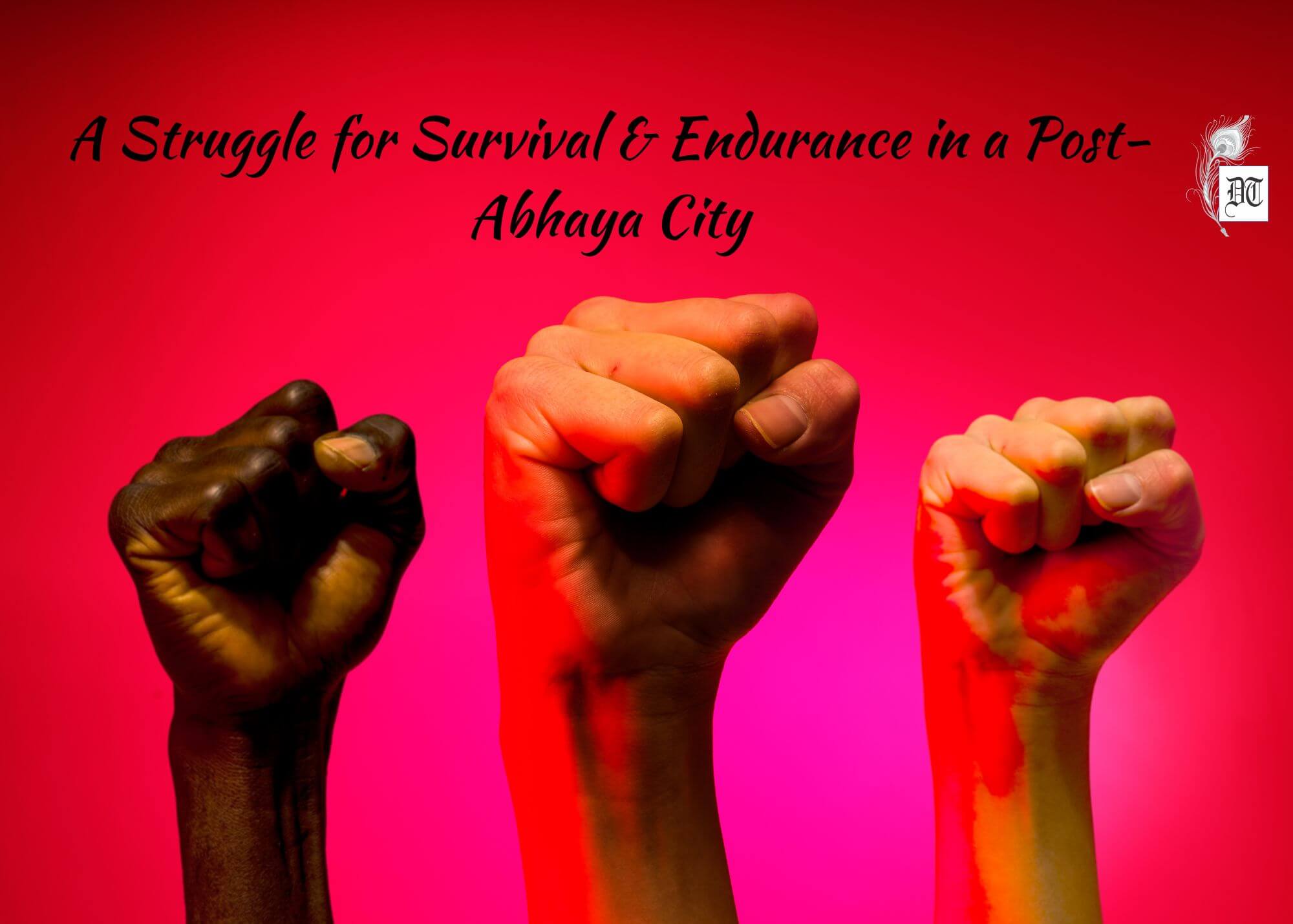
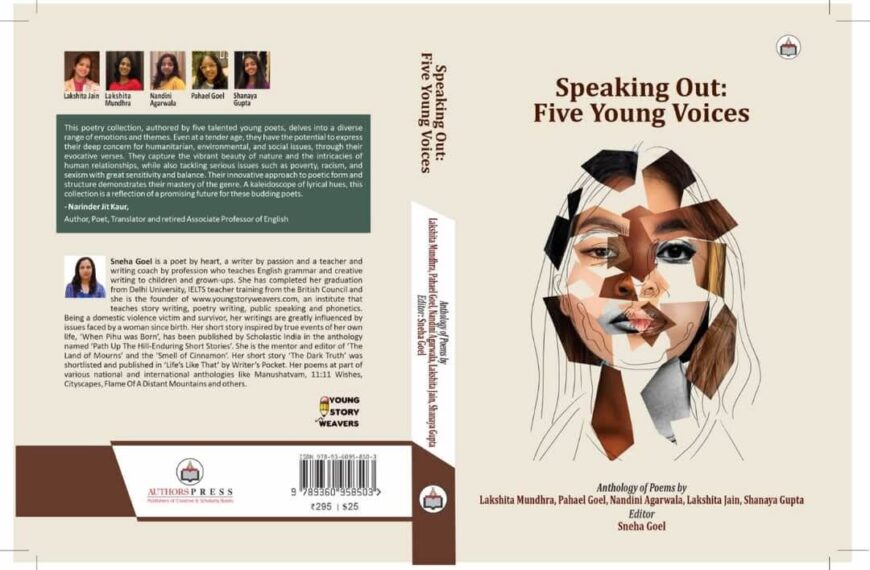
 By
By

 By
By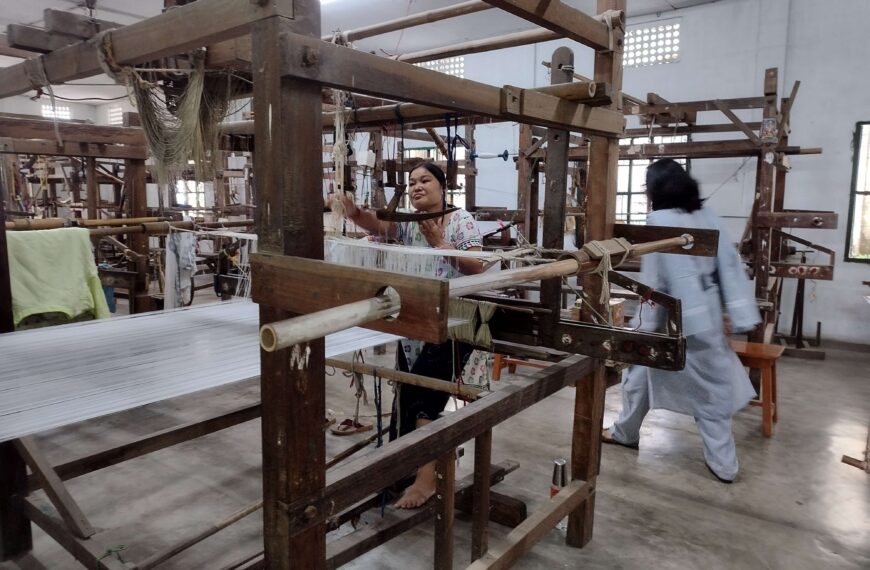
 By
By
Questions were good. The versatility of Mihir Upadhyaya is unfolding slowly. I wish him good luck.
It’s actually a nice and helpful piece of information. I’m glad that you shared this useful info with us. Please stay us informed like this. Thank you for sharing.